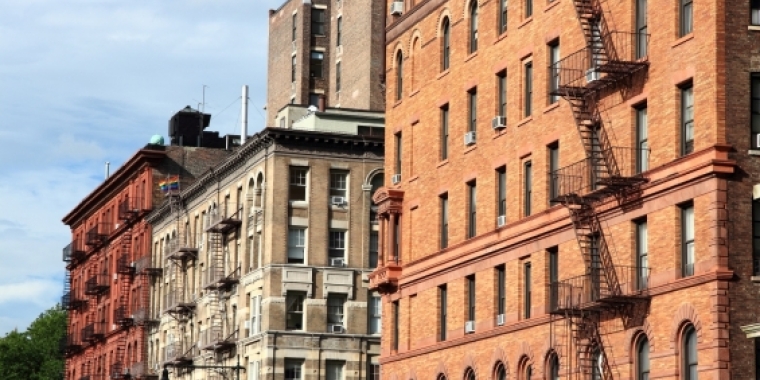
Testimony Before the Metropolitan Transportation Authority (MTA) Regarding the Proposed Fare Hike on November 15, 2007
Liz Krueger
July 15, 2010
My name is Liz Krueger and I am the State Senator representing New York’s 26th Senate District, which covers the East Side of Manhattan and Midtown. I urge the Metropolitan Transportation Authority (MTA) to delay the proposed fare hike on subway and bus fares until April 2008. Doing so will allow the MTA to pursue additional aide from the 2008-2009 State Budget and the possibility of tapping new revenue streams based on the actions of the New York State Traffic Mitigation Commission.
It is clear that the MTA will face serious fiscal deficits over the next few years, but it is wrong to ask straphangers to bear the entire burden of paying for these funding gaps. Commuters on New York City subways and buses already pay 55% of the base $2 fare, a higher fare burden than any of the other top 50 transit systems in the nation, which on average pay 37% of the base fare. At a time when the State, the City, and the Nation are focused on moving commuters out of their cars and into mass transit, a fare hike should be the last resort option.
The MTA’s current financial difficulties are largely the product of past failures to fully fund the MTA Capital Budget, which funds important projects like the Second Avenue Subway and the replacement of tracks, trains and station rehabilitations. The 2000-2004 and 2005-2009 Capital programs were largely financed through massive issuance of bonds, and debt payments are expected to rise exponentially over the next few years. The Office of the State Comptroller estimates that debt service will increase from $1.3 Billion in 2006 to $2 Billion in 2011, an increase of 50 percent! Debt service consumed 12% of total revenues between 1996 and 2005, and is expected to consume 20% of revenues by 2011, an increase of 75%.
Raising fares on working New Yorker's should always be the MTA's last resort option, not its first. For this reason, I urge the MTA to delay consideration of a fare hike until after the passage of the State Budget and consideration of the New York Traffic Mitigation Commission recommendations in April 2008. I am a co-sponsor of legislation (S.6526) to increase the State’s commitment to MTA operating expenses by $350 Million annually and is supported by over 110 State Legislators. Furthermore, the New York Traffic Mitigation Commission will issue it's final recommendations on reducing traffic congestion in Manhattan on January 31st, 2008. The Commission is expected to recommend new revenue sources which could be applied to offset future operating deficits.
A number of reports over the years have suggested that the MTA has not maximized the resources that should be available to the agency or has failed to use these resources efficiently. City Comptroller Bill Thompson recently reported that the City and State have failed to reimburse the MTA for $71.5 Million in expenses incurred to provide metrocards to New York City school children during the 2005-2006 school year. Furthermore, the MTA recently hired an independent contractor to manage construction of the Second Avenue Subway project at a cost of over $300 Million, even though part of the justification for creating the MTA Capital Construction Authority had been to save money on managing construction projects and a 1998 internal New York City Transit report acknowledged that in house workers often perform construction tasks better than independent contractors at a lower cost to the authority. Given these and the countless other examples of waste reported over the years, it is understandable that the public is resistant to the proposed fare increase.
While I am encouraged by a number of changes at the MTA under the leadership of Elliot Sander, I disagree that a fare hike is the best way to cover future deficits and to repair the MTA's image with the general public.
Thank you for the opportunity to testify.
Share this Article or Press Release
Newsroom
Go to NewsroomEmergency Rental Assistance Program Starts June 1
June 1, 2021


Small Business Recovery Resources
May 14, 2021

